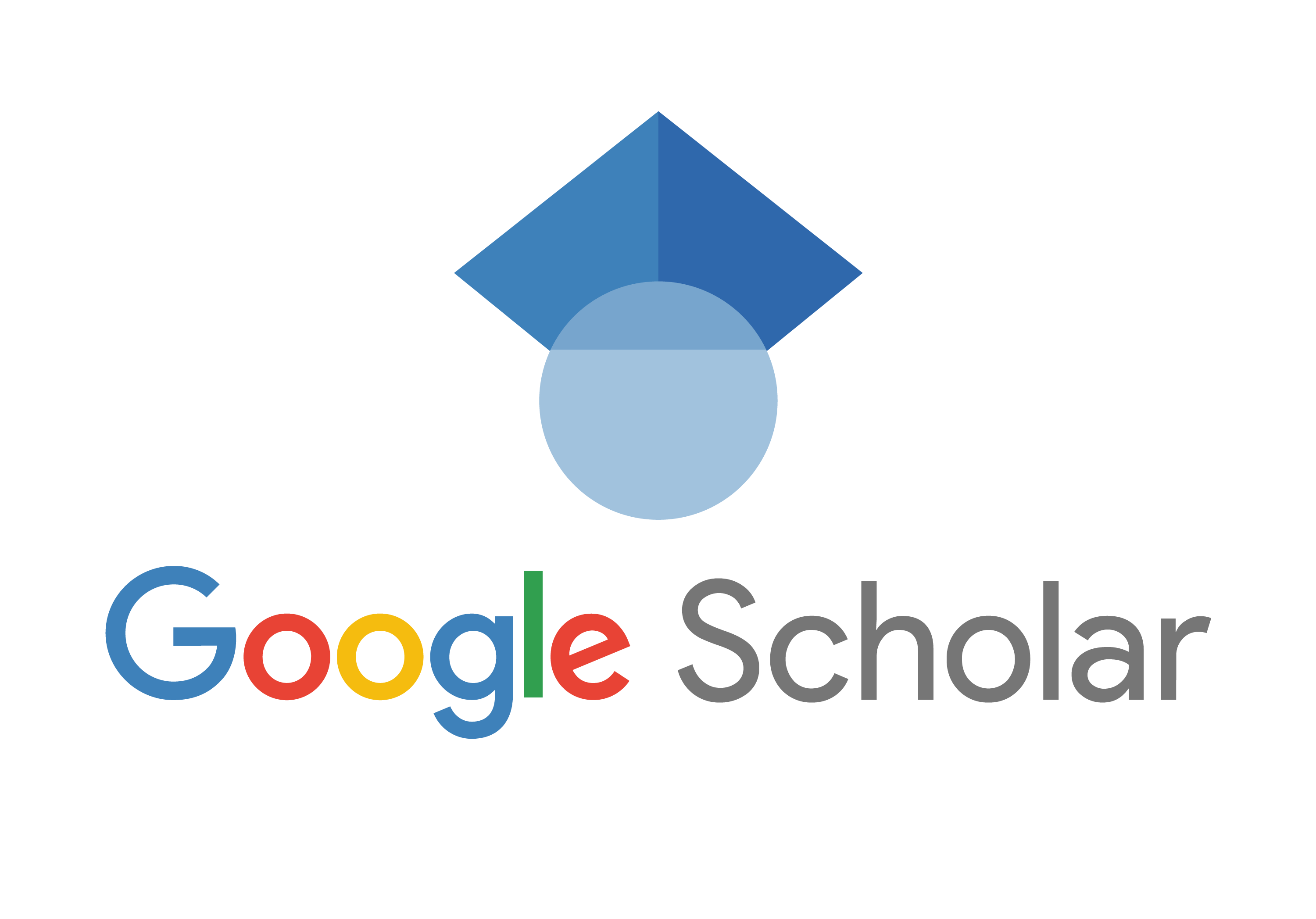Published 2021-01-01
How to Cite
Abstract
The objective of this article is to look at the challenges and the extent to which the potential of technology (digital economy) can accelerate the country's dynamic and resilient economic growth as incorporated in the Brunei’s third Vision 2035. This article consists of a few subtopics which begins with an introduction; a brief overview on Brunei’s economic development, followed by discussions on the development of the technological knowledge, the development and impact of technology, and the transition to the era of the Industrial Revolution 4.0, all of which were discussed from the Islamic perspective, especially Brunei as an Islamic country that adheres to the philosophy of Malay Islamic Monarch (MIB). The next sub-topic will provide a review on the challenges faced in realizing the third goal of Brunei’s Vision 2035 and its potential to use the digital economy as a solution. The author has used relevant data such as world reports, government reports, His Majesty’s Titah, and etc. to support his argument. This article finds that Brunei has a great opportunity to tap into the potential of the digital economy and apply it to all aspects of the economy. However, technological advances are still at a minimum that calls for more efforts by the relevant parties to ensure the country’s vision is realized.



